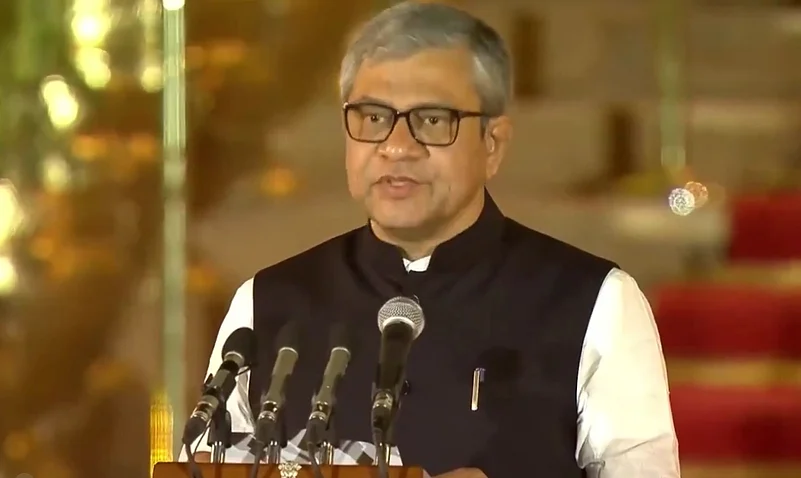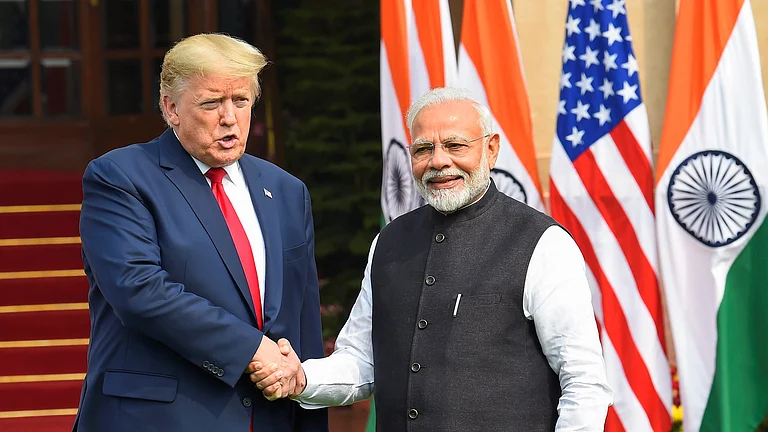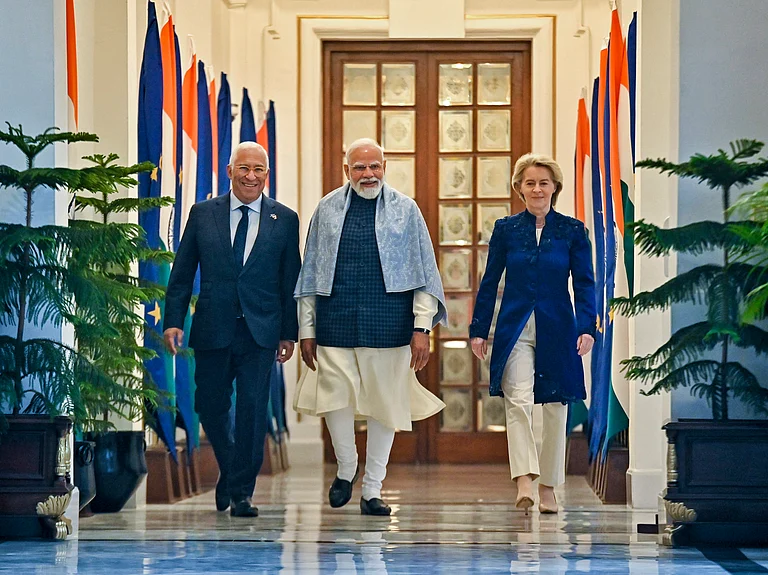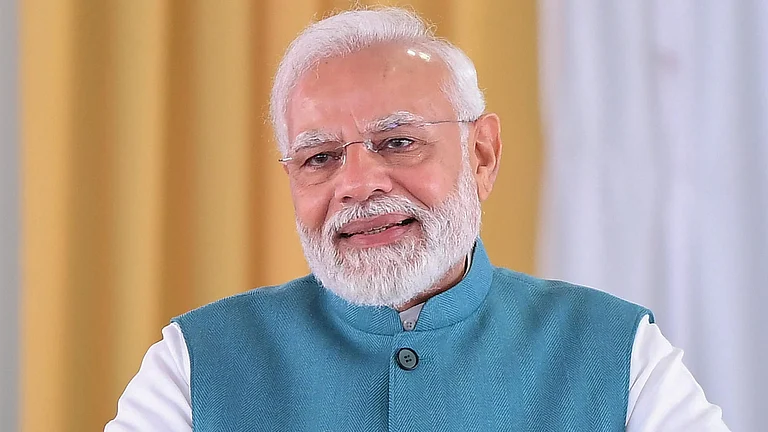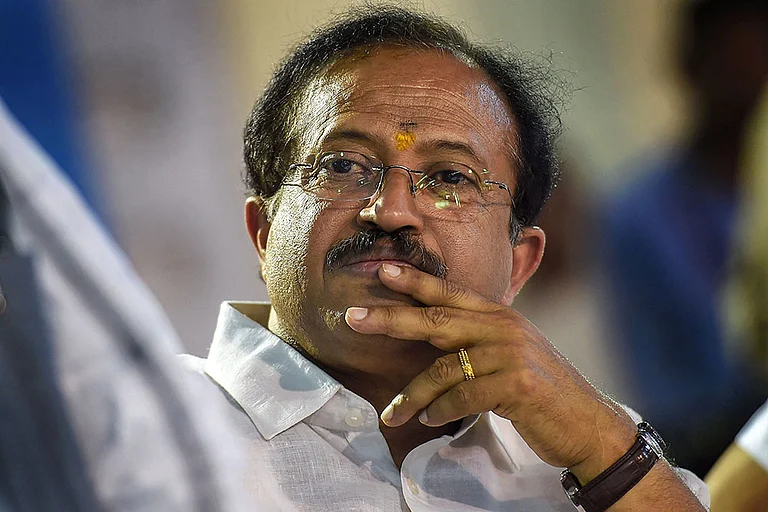Union Minister Ashwini Vaishnaw has assumed additional duties as Minister of Information and Broadcasting in the third term of the Modi government, while retaining his existing portfolios of Railways and Minister of Electronics and Information Technology.
Bureaucrat-turned-politician Vaishnaw first took charge as Railway Minister on July 7, 2021 and has continued it in the new cabinet formed on June 9, 2024.
A former IAS officer of the 1994-batch, Vaishnaw has handled important responsibilities for over 15 years and was particularly known for his contribution to the public-private partnership (PPP) framework in infrastructure.
Vaishnaw has been recognized as one of the most effective Railway ministers for his various initiatives, including the introduction of 98 semi-high speed Vande Bharat trains.
The first pair of Vande Bharat trains was launched in February 2019. According to the Railway Ministry, there are currently 102 trains operating nationwide, with an overall occupancy rate of 105.7 percent.
According to the Ministry, the popularity of Vande Bharat trains can be gauged from the fact that till March 31, 2024, more than 2.15 crore people have travelled by it.
A total of 284 districts across the country have been connected to the Vande Bharat Express.
Under Vaishnaw, Railway achieved another milestone of laying 3,901 km of tracks in 2022-23, making it the highest ever in its history.
He is the fourth Railway Minister since Modi government came to power in May 2014. Before him, D V Sadananda Gowda, Suresh Prabhu and Piyush Goyal held this portfolio.
Gowda, the first Railway Minister when Modi became the prime minister, served for 166 days in 2014 from May 27 to November 9.
Momentum On Information and Broadcasting ministry
Anurag Thakur, who held the I&B Ministry in the previous Cabinet, has been reelected as Member of Parliament from Himachal Pradesh's Hamirpur.
Vashnav who is an IIT Kanpur alumni, the bureaucrat-turned-politician has had an action-packed stint in the Modi 2.0 government and will need to build on the past momentum which are crucial to make India's electronic and IT sector 'Atmanirbhar' (self-reliant) .
Mobile phone manufacturing during Vaishnaw's tenure crossed Rs 4.1 lakh crore worth of production mark, which is a 21-fold jump in production level compared to that in 2014-15, when 98 per cent of local demand was met through imports. The country now meets 97 per cent of its total mobile phone demand locally.
Among the pending issues Vaishnaw would have to work out the enabling rules to implement Digital Personal Data Protection (DPDP) Act and also give shape to the proposed Digital India Act, which will supersede the over two decades old IT Act.






